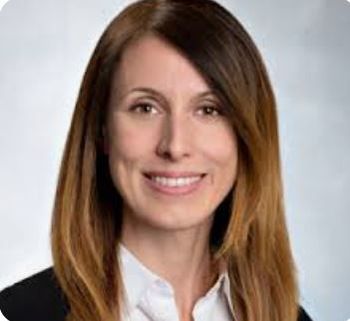
Colonoscopic Polypectomy Cuts Hospital Time
Surgical techniques to remove precancerous polyps during colonoscopies can substantially reduce recovery time and the length of hospital stays, a new study shows.
A combination of 2 surgical techniques to remove precancerous polyps during colonoscopies can substantially reduce recovery time and the length of hospital stays, according to a new study.
“About 25% of patients undergoing colonoscopy require polyp removal, and a significant proportion of these patients have large polyps that cannot be easily removed by standard advanced endoscopic techniques,” said lead author Jonathan Buscaglia, MD, Director of Advanced Endoscopy at Stony Brook University School of Medicine in Stony Brook, New York. “These findings suggest that we may need to tailor our surgical approach to ensure every patient receives the best care possible, regardless of polyp removal difficulty.”
“We found that operating time, amount of fluid given to patients, blood loss, and, most importantly, recovery time was significantly less with laparoscopicâassisted colonoscopy with polypectomy (LACP),” Dr Buscaglia told a press briefing before his presentation at Digestive Disease Week 2014 in Chicago.
The typical approach to these difficultâtoâremove polyps is laparoscopic hemicolectomy, a procedure in which surgeons using a laparoscope must remove an entire section of the colon that contains the polyp. In contrast to this invasive procedure, surgeons can employ LACP and use both a laparoscope and an endoscope to isolate and remove just the polyp.
In a prospective, randomized trial of 28 patients, Dr Buscaglia and colleagues found LACP cut discharge time by 1½ days (2½ days LACP versus 4 days laparascopic hemicolectomy). Operating time for patients undergoing LACP was significantly shorter than for patients undergoing laparoscopic hemicolectomy (95 minutes versus 179 minutes). Patients undergoing LACP also had far less estimated blood loss (13 mL versus 63 mL) and required less intravenous fluid (2.1 L versus 3.1 L). After surgery, patients undergoing LACP were able to resume eating solid foods in less than 2 days; patients undergoing laparoscopic hemicolectomy had to wait nearly 4 days.
Dr Buscaglia noted that the 2 procedures were equivalent in terms of overall efficacy and complications.
Dr Buscaglia will present data from the study Abstract 611, “Laparoscopicâassisted colonoscopy with polypectomy versus laparoscopic hemicolectomy for endoscopically unresectable rightâsided colon polyps: results of a randomized controlled trial” on May 5, 2014.
The Stony Brook University team plans to conduct a larger, multicenter investigation to confirm these findings. They also hope to compare LACP versus laparoscopic hemicolectomy on removal of polyps in the left colon because this study looked exclusively at rightâside colonic polyp removal.
“We are very exciting to investigate a change in the way we deal with colon polyps,” Dr Buscaglia said.
At the moment, LACP is not a common procedure for polyp removal. “Until now, there have been about 10 reports of LACP in the literature. We have shown that it is technically feasible,” Dr Buscaglia said.
The biggest roadblock to the procedure becoming more widely used may be the ability of a surgeon to coordinate with a gastroenterologist to plan the procedure, he noted.
Newsletter
Enhance your clinical practice with the Patient Care newsletter, offering the latest evidence-based guidelines, diagnostic insights, and treatment strategies for primary care physicians.

































































































































